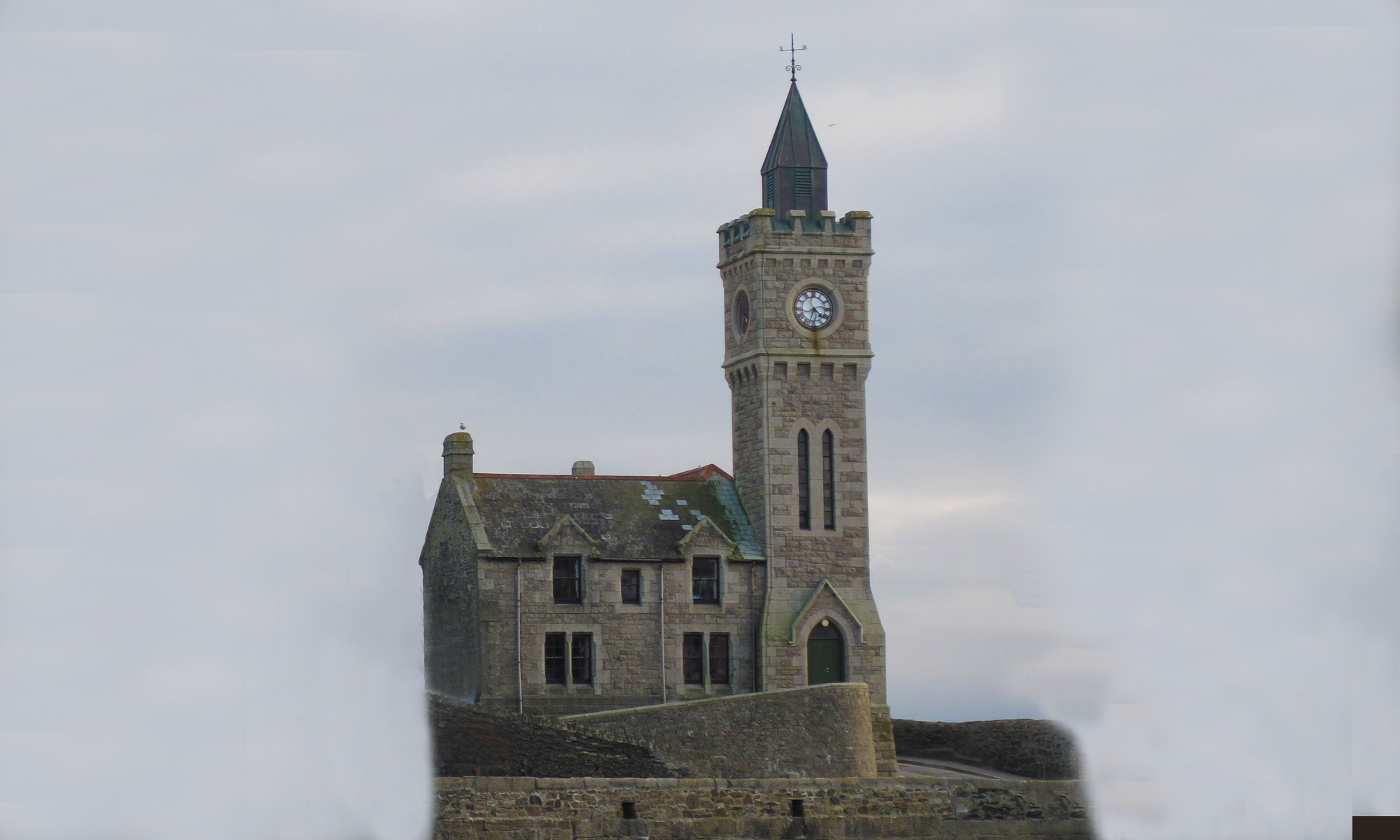CADDY
Elizabeth CADDY nee BENNETTS (1840- )
1930 electoral roll – Peverell Road
1911 census – with husband William CADDY(1840- ) (butcher)
THOMAS HENRY CADDY (1875-1935 )was born in the town of Porthleven, Cornwall
the son of William CADDY (a Butcher), and his wife Eliza on 13 Dec 1875. He trained at Richmond College and entered the Wesleyan ministry in 1899. He married Olive Maud Barrett in June 1907. They had two boys Cyril, born Yeovil June 1908, and Ralph, born in Hartley Witney in June 1912. Olive Maud died in March 1929. After a full and interesting career he came, recently widowed, to fill the superintendency post in the Windsor and Maidenhead Circuit in 1931. His ministry in Maidenhead was notable for his firm but simple faith, his fervent eloquence in his propogation of Christian ethics and his dauntless open air preaching. It was said of him at his funeral that “Through a period of conflict and change and in face of all the criticism of scripture he dared to look the worst in the face and believe in the best”. Two outstanding events in his Maidenhead ministry were the opening of the Slough Central Hall and the opening of a new church at Woodlands Park. At the outset of his ministry he went directly into the mission field and spent over six years there – five in Spanish Honduras and a year in British Honduras. On his return he spent time in Yeovil, Sandurst, Nottingham, Plymouth, Basingstoke, Sheffield and Reading. At Sandhurst he was free church chaplain to Broadmoor Asylum and in Plymouth he acted in a similar capacity at Plymouth prison. He was firm in his teetotal convictions as for example was witnessed in 1908 when he spoke in support of the Licensing Bill: “Opponents to the Bill, he said, were trying to frighten them and they had been even branded as dishonest, fanatics and hypocrites. It was the charge of dishonesty that lead him to a study of the Bill. and if he had found an element of dishonesty about it he would have opposed it tooth and nail. But because he believed it to be honest, he was there to support it. (Applause) The measure did not aim at suppressing drinking but the suppression of excessive facilities for drinking. When people talked about robbing the poor man of his beer it was all moonshine, humbug and lying. It did not aim at the brewer, the publican, or anyone who might have a particular interest in brewery shares; it did not aim at ruining the brewer, but aimed at the restoration to the State of its ancient right – the unfettered control of the liquor trade. (Applause,) Referring to the employment of barmaids, he said they were not questioning their character but the character of the environment in which they got their living. The bar was no place for young women, and if publicans wanted them, let them send their own daughters there. (Applause.)”
